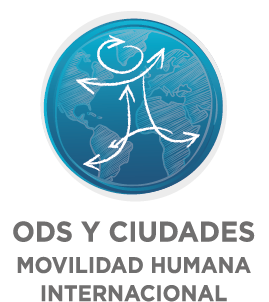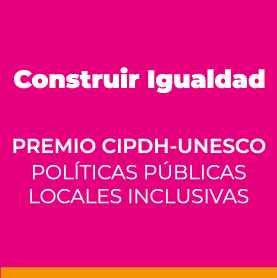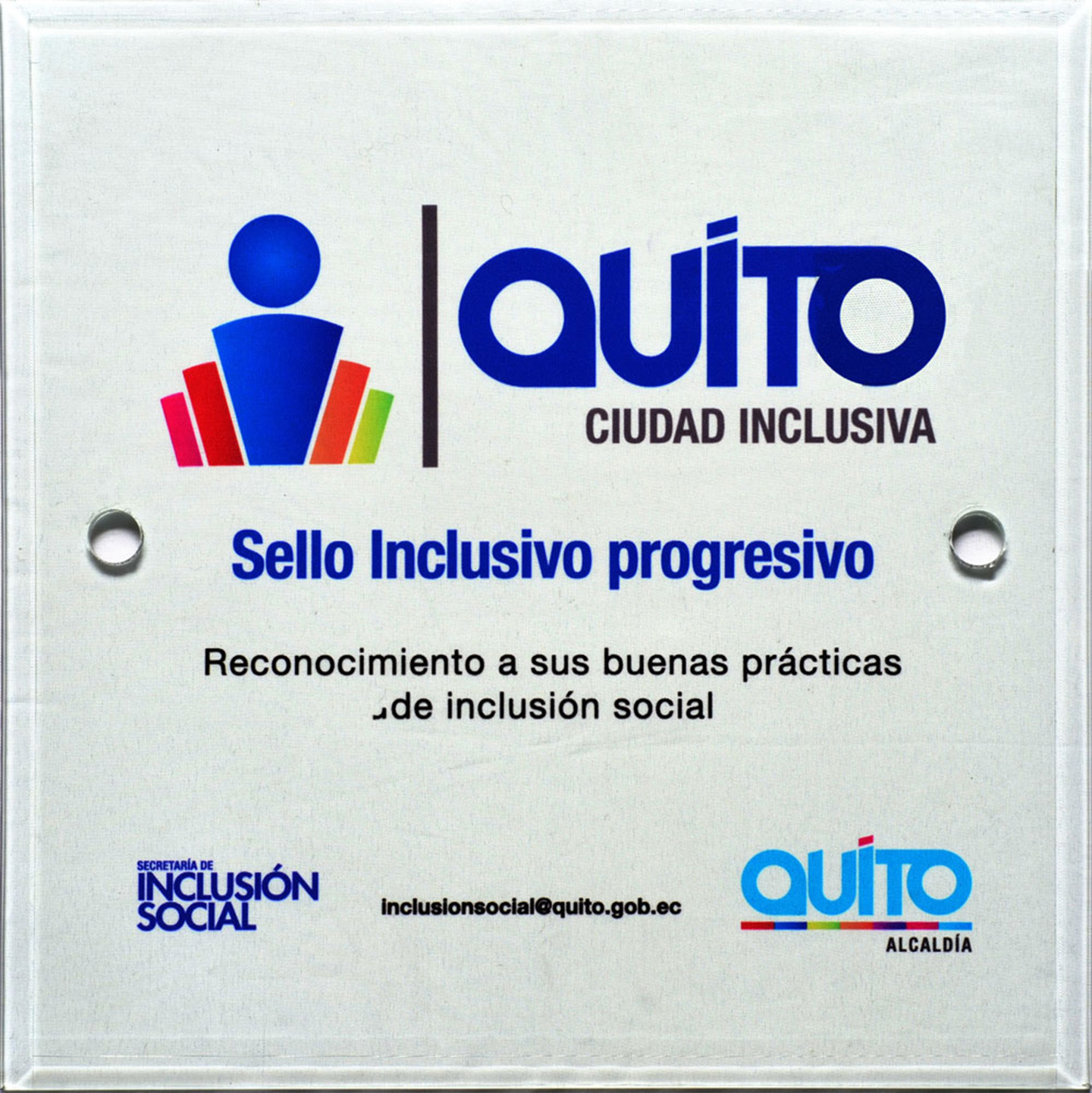
- Region
- Latin America and the Caribbean
- Range of Demographic Size
- 1,000,000 inhabitants or more (metropolis)
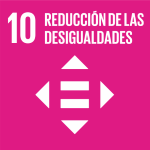
10-2 By 2030, empower and promote the social, economic and political inclusion of all, irrespective of age, sex, disability, race, ethnicity, origin, religion or economic or other status.
10.3 Ensure equal opportunity and reduce inequalities of outcome, including by eliminating discriminatory laws, policies and practices and promoting appropriate legislation, policies and action in this regard.
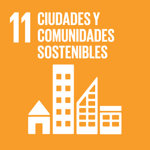
11.7 By 2030, provide universal access to safe, inclusive and accessible, green and public spaces, in particular for women and children, older persons and persons with disabilities.
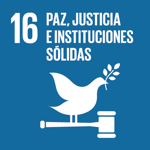
16.7 Ensure responsive, inclusive, participatory and representative decision-making at all levels.
• Inter-American Convention on the Elimination of all Forms of Discrimination Against Persons with Disabilities
International Convention on the Elimination of All Forms of Racial Discrimination (ICERD
Summary
The Inclusive/Progressive Seal is an acknowledgement that the Department of Social Inclusion in Quito awards to public establishments and entities for the implementation of good practices and positive actions in favor of social inclusion and responsibility.
For the Seal to be awarded, at least 17 out of 27 of the criteria stipulated by the government should be met in order to measure the commitment and behavior of each establishment so that they are places free of discrimination, exclusion and/or violence. The municipal recognition has a one-year duration, and for its renewal the establishment should demonstrate the continuity in compliance of the criteria that has made it worthy of this recognition and also incorporate the new criteria.
Implementation Date:
Start: 04 / 1 / 2016
End: 02 / 1 / 2021
Domestic migrants
Population of African descent
LGBTI Population
Indigenous peoples
Society in general
- Web: https://www.gob.ec/
- Telephone: +593 2 395-2300 Ext. 12264
- Social Network:
Instrumentos

10-2 By 2030, empower and promote the social, economic and political inclusion of all, irrespective of age, sex, disability, race, ethnicity, origin, religion or economic or other status.
10.3 Ensure equal opportunity and reduce inequalities of outcome, including by eliminating discriminatory laws, policies and practices and promoting appropriate legislation, policies and action in this regard.

11.7 By 2030, provide universal access to safe, inclusive and accessible, green and public spaces, in particular for women and children, older persons and persons with disabilities.

16.7 Ensure responsive, inclusive, participatory and representative decision-making at all levels.
• Inter-American Convention on the Elimination of all Forms of Discrimination Against Persons with Disabilities
International Convention on the Elimination of All Forms of Racial Discrimination (ICERD
Location
- Region
- Latin America and the Caribbean
- Range of Demographic Size
- 1,000,000 inhabitants or more (metropolis)
Contact details
- Email:
- Web: https://www.gob.ec/
- Telephone: +593 2 395-2300 Ext. 12264
- Social network:


